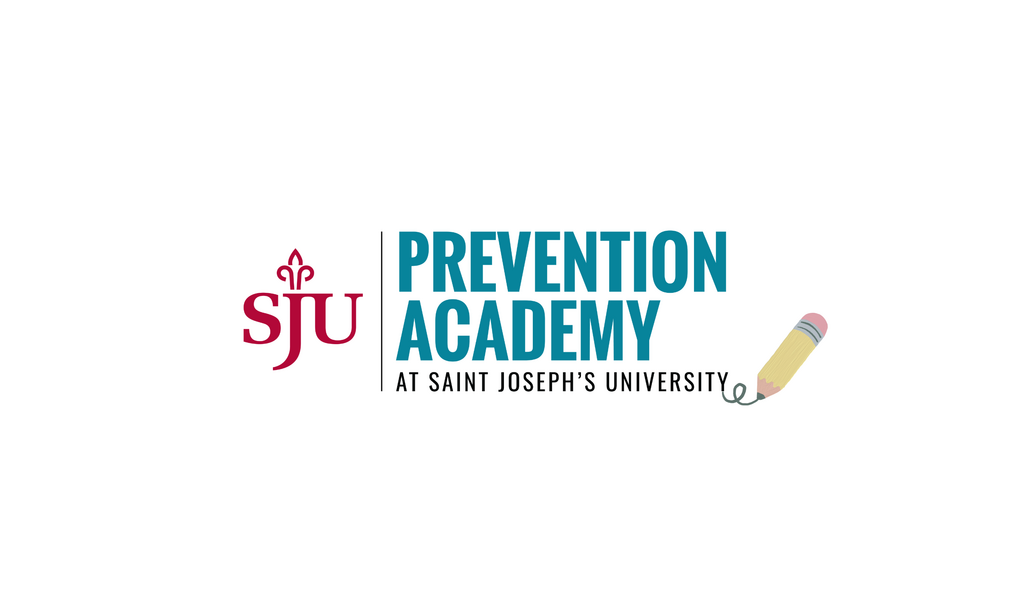
To The Senior Class
By: David Sherrell
98% Excited, 2% Scared – Or 98% Scared, 2% Excited?
Congratulations to the senior class! I don’t have to imagine everything you’re feeling, some of it I remember quite vividly. Looking ‘up’ and realizing there’s nobody there, you’re it – the role models, the leaders of the campus, the ones you spent the previous three years thinking were in charge.
Do me a favor: take a deep look inside yourself. Maybe discuss this with your squad. Do you feel very in-charge? Like, you’ve cracked the high school code and have all the answers for the underclassmen, who look and feel like younglings pattering about underfoot?
Are you not there yet? Are you feeling like eleventh grade was yesterday and you’re just another year older without a buffer class ahead of you to soak up adult expectations of role modeling and leadership?
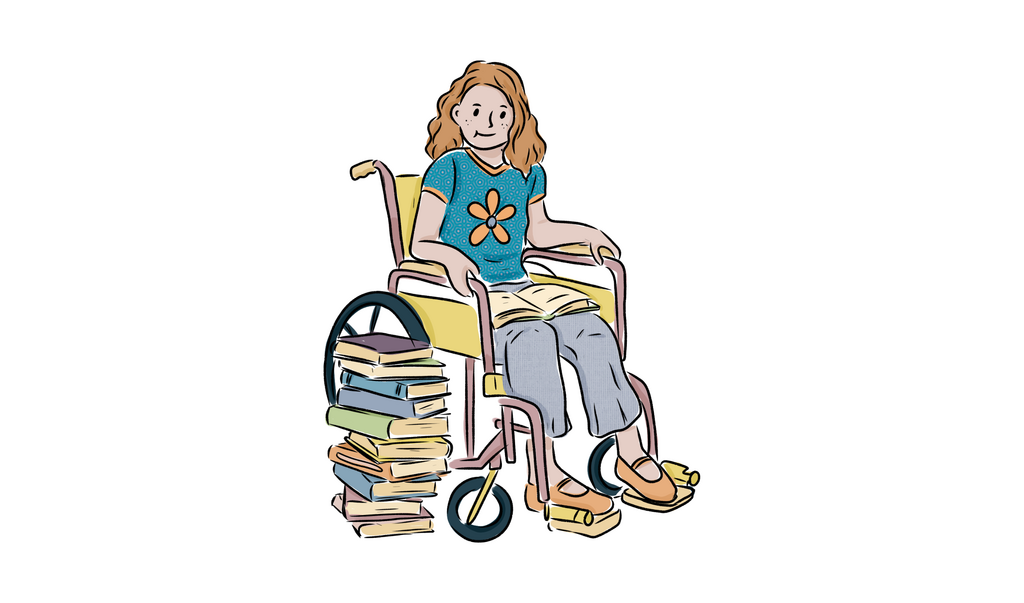
Somewhere in between those two places?
Either way – are you also, don’t lie, strutting around a little bit? Yeah. I mean, I hope you are. I remember when “swag” was the word for it. I was already a Prevention Specialist, and every time a student said it, I cringed inside a little bit. Swaaaaag.
(Sometimes slang sounds exactly like it did when I was growing up, sometimes it sounds like nails on a chalkboard. It will happen to you too. This has been Secrets of Growing Up, now back to the show.)
Now, drip I can get behind. I have none, don’t get me wrong, but I see you out there. The pride you may feel is real and earned.
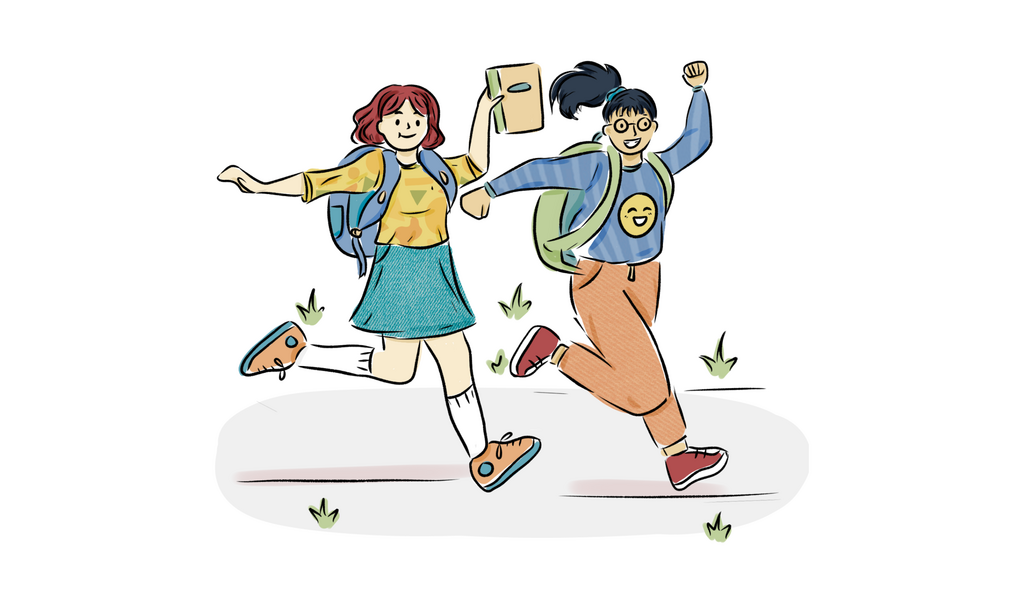
If you’re feeling that mix – of pride and in-chargeness, and “what are you looking at me for, I’m no role model” – or any kind of overall “waitaminute I don’t feel like I expected to feel right now”… you’re feeling kinda like I was at the beginning of my senior year of high school.
And that’s not even getting into any anxiety you may already be experiencing about what’s next. I’ll have thoughts about that later, but for now? If you’d like, let’s practice some mindfulness: after all, you have time. If your head is spinning, you may want to try focusing your mind on the present, while we talk more about this role model thing. I promise not to use the word drip again.
Acting and Acting As-If
Spring of my junior year of high school was when the senior-year musical, The Music Man, was cast. Most important audition of my life at that point, and I’d auditioned for some movies by then. Getting into those movies (I didn’t) was not as important to me as getting a lead role for my senior year. And I did! I got to play Harold Hill, the Music Man himself.
Then, before the school year ended, the music director – who was a mentor of mine and is still a friend today – pulled me aside and gave me the “role model” talk. You may know some version of this. Mine went, “You’re going to be a lead in this production, and you’ll be a senior. Now, you know you don’t need to rehearse as much as everyone else. You memorize music and dialogue quickly, and you find characters easily; that’s gone to your head sometimes. Not everyone will have that experience. In the past, I’ve let you goof off a little, because I trusted that when I needed you to perform, you’d give me your best. Now I need more. I need you to model more professional behavior. Yes, professional. Act like this is an industry show and be your best self. You also need to watch out for the youngest ones, the seventh and eighth graders. Show them how to behave during rehearsal times, and make them feel a part of the cast during breaks. And hold your peers accountable for the same.” I checked; most of the other senior leads had gotten some version of this talk. Equal parts compliment, criticism, and hard expectation.
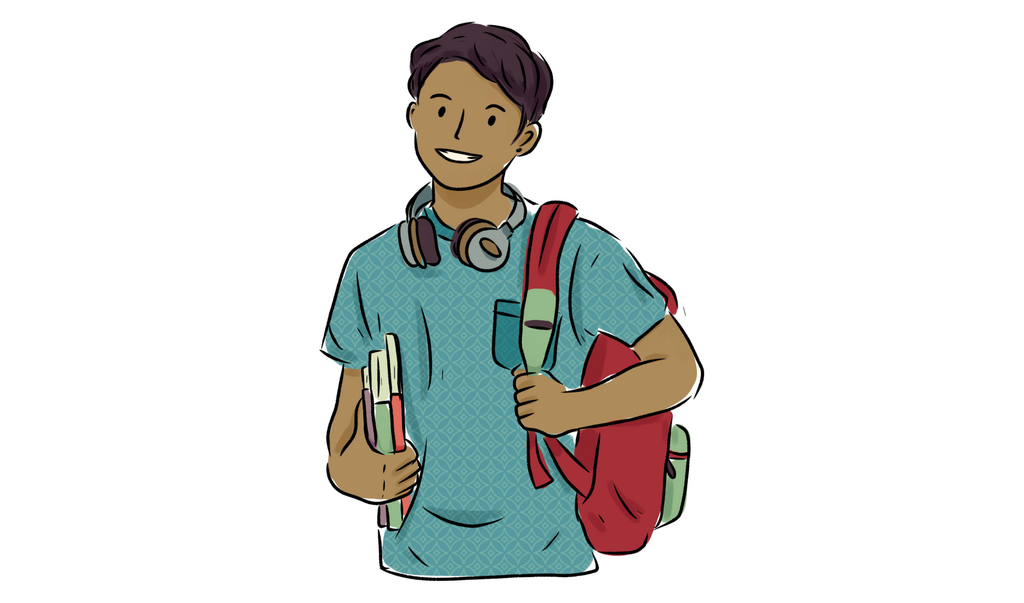
This was strange to me. I knew I was a good performer, but I was not one of the popular kids. People, I thought, did not and would not look to me for leadership. This was just one of those times an adult misread the social structure of our school and placed an expectation on a student who couldn’t really fulfill it. It happened to me sometimes, and I’d just have to explain: “I don’t have social power, people don’t pay attention to me.” I was certain of this.
I was also, as it turns out, deeply wrong.
Still, I wanted to meet those expectations, and the show was not actually extracurricular – we were being graded – so I did my best as a role model. I felt like I was a kid again, wearing my dad’s dress shoes the whole time. I hung around with the younglings, got to know them as individuals, gave them rides off-campus to lunch during long weekend rehearsals. I tried to get my classmates to include them a little more and to goof around a little less. Some of the littles got nicknames.
(You may know the power of a good nickname. It can change lives for the better or the worse - if you’re good at giving nicknames like I am, I invite you to use your power for good!)
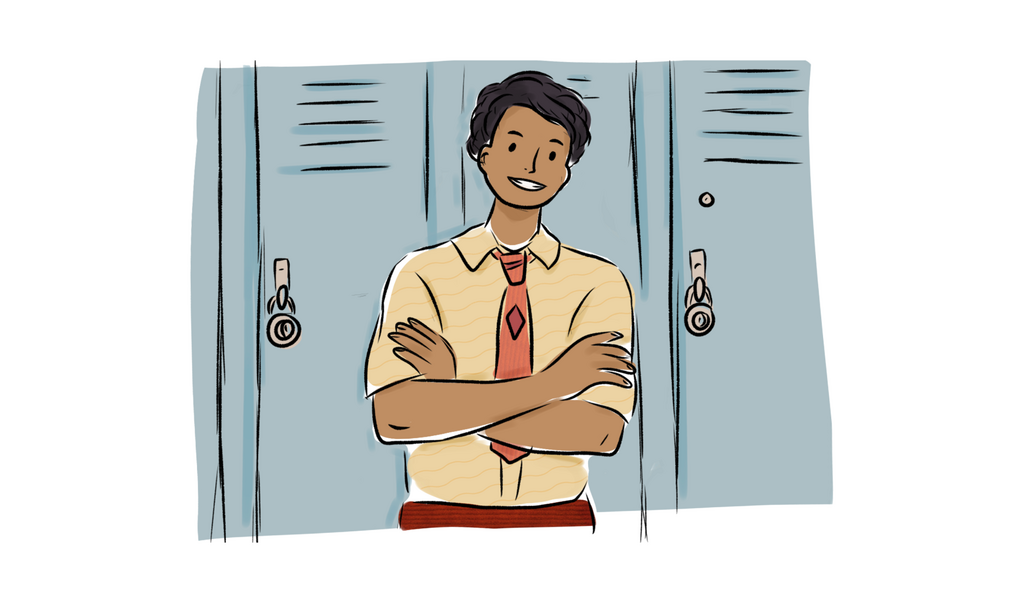
Over the course of the school year, even though I still felt like little David wearing his dad’s dress shoes most of the time, I also understood the assignment better and better. I later learned that this is a consequence of “acting as-if” – coincidentally enough, something of an actor’s tool. If you put yourself in the mindset of a role model and leader, whatever that means to you, and just start acting the way that person would act, you’ll find that you become more able to perform those tasks over time.
Some of you will come to feel you have authentically become this role-model, leader-type person. Some of you will always feel a little bit like you’re faking it (we can talk about imposter syndrome another time, just know that many adults live with it and thrive nonetheless). Which is why I’m very grateful I had the epilogue experience to this whole saga that I did, so I can let you in on a secret.
The Payoff
Ten years later: I was 29 years old, with three years in recovery from Substance Use Disorder, when I got invited to my high school theater teacher’s retirement party. I went with my best friend, who’d also had a lead in the show, also gotten the talk, and also didn’t think people would look up to him. We wound up sitting with a bunch of castmates from the musical who’d been in seventh grade our senior year. As we were joking and reminiscing, reviving private jokes that still cracked us up, one of the littles (they were 23, but it can be difficult to let go of the way we first knew someone) got kinda serious-looking and said, “I remember how you guys looked out for us, were nice to us. When I got older I realized you didn’t have to do that. We really looked up to you, and you were kind, and that was cool.”
My friend and I goggled at each other like a pair of wow-emoji. All the very cool, very stylish, very popular kids in our class, and this bunch was looking up to us? The guys who would stand in the senior parking lot and sing the songs of our middle school years (like we were already reminiscing about - here’s maybe a new word, “halcyon” - halcyon days gone by) and laugh until we couldn’t breathe at things that couldn’t have been funny to anyone else?
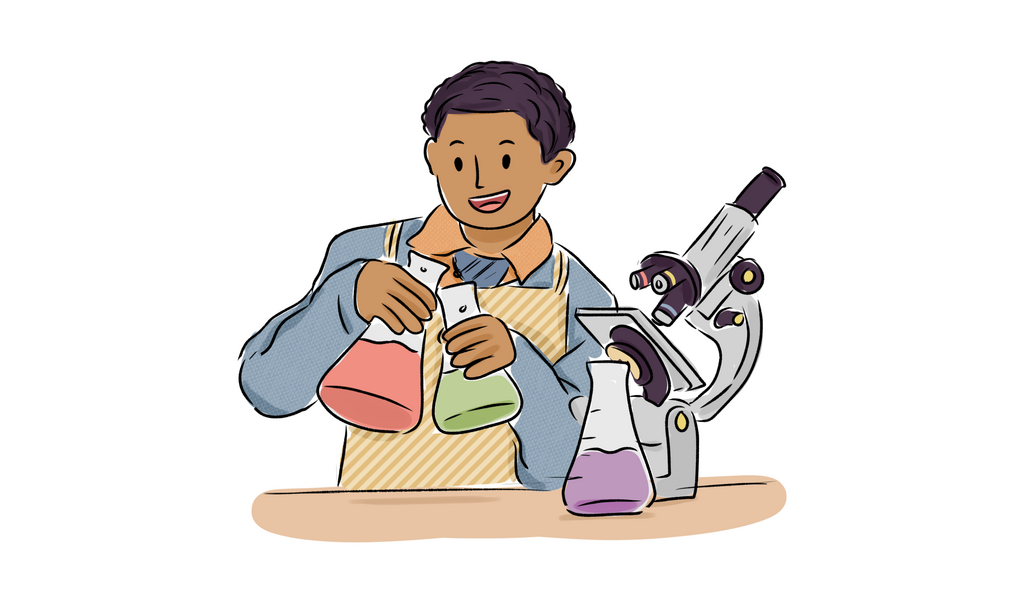
But that’s the thing: it didn’t matter how we felt, it mattered what we did. We served as role models and it helped. The littles didn’t feel left out, didn’t feel underfoot like hobbits in Big People territory, they felt welcomed and included - and in an authentic way, not like they were being barely tolerated.
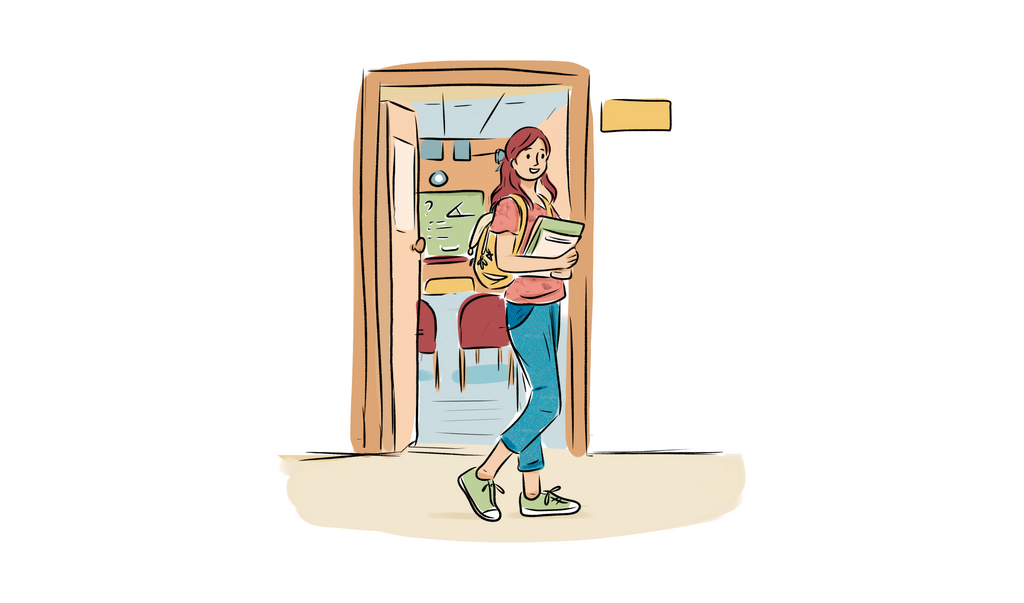
This is the kind of experience open to you if, even though you don’t feel like much of a role model, you act as if you were one anyway. This doesn’t mean not being true to yourself - believe me, above all other things I want you to find out who you are and be courageously true to that person - it means understanding that sometimes, and being a high school senior is one of those times, you’re a role model whether you like it or not. Other kids - not even just the underclassmen at your school, middle schoolers you haven’t met - are watching you and hearing about you and wondering about your lives, and expecting things of their future selves based on what they think you’re up to. That’s called anticipatory socialization and if you’re interested, we can talk more about it another time. So: not even by your own actions, rather by what other people think you’re doing, you are a role model. I invite you to consider that fact when it comes to school, whether that’s on-campus during the school day or any other time you’re kind of in the school sphere, participating in that community (including on socials). You have the opportunity to choose according to what would have helped your younger self to see in an older kid.
Think about your past self and what messages you wish seniors had sent to you about 12th grade life back then. Send those messages. It may feel awkward at times, being this person people are looking up to - you may be entirely new to the experience. But I promise, it has payoffs you won’t be able to anticipate. I gained a confidence in myself I’d been sorely missing, and an understanding that a very big part of leadership is ensuring people feel authentically included. I can’t predict what you’ll learn about yourself - I can only promise it’ll be interesting and useful.
1. If you’re confused: my secondary school started at seventh grade and ran all the way to twelfth, right there on the same campus. It was a very small school.
